Cambridge Healthtech Instituteの第8回年次
Cell Culture and Cell Line Engineering - Part 1
細胞培養・細胞株エンジニアリング - パート1
Advancing Upstream Strategies for Process Efficiency
プロセス効率に対するアップストリーム戦略の進歩
2025年3月18日 - 19日 CET(中央ヨーロッパ標準時)
3月18日(火)
07:00Registration and Morning Coffee
CHEMOMETRICS & MODELLING
ケモメトリクスとモデリング
Deep Learning for Optimisation of Protein Expression
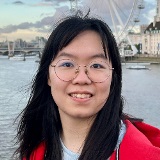 Yuxin Shen, Researcher, School of Biological Science, University of Edinburgh
Yuxin Shen, Researcher, School of Biological Science, University of Edinburgh
Deep learning is a promising approach for building sequence-to-expression models for strain optimisation. But these need large and costly data that create steep entry barriers for many laboratories. In this talk I will discuss data requirements and how they impact predictive accuracy, alongside training strategies for improved prediction of protein expression in new regions of the sequence space. These results provide guidelines for balancing data cost/quality in predictive strain design.
How to Develop and What to Expect from Predictive Process Models
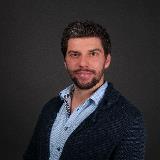 Michael Sokolov, PhD, Lecturer, ETH Zurich; COO and Chairman, Datahow AG
Michael Sokolov, PhD, Lecturer, ETH Zurich; COO and Chairman, Datahow AG
This presentation will delve into strategies for developing accurate predictive models from limited and yet complex data, the necessary data inputs, and the potential challenges faced during implementation. Based on many industrial use cases attendees will gain insights into how these models can forecast performance, reduce variability, and streamline manufacturing, improving both efficiency and product quality in biologic drug development.
10:00Grand Opening Coffee Break in the Exhibit Hall with Poster Viewing
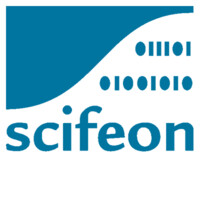
Automated Knowledge Generation, Valorisation, and Exchange Strategies Reshape Bioprocess Development
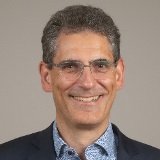 Peter Neubauer, PhD, Lab Head, Bioprocess Engineering, TU Berlin
Peter Neubauer, PhD, Lab Head, Bioprocess Engineering, TU Berlin
Complex self-driving intelligent experiments for bioprocess development are only possible by integrating all aspects of cell cultivation, analytics and modeling into a comprehensive framework and steered by an effective Workflow Management System. This is realised in the KIWI-biolab and its opportunities for process optimisation and collaboration are demonstrated by a number of developmental projects. The strict implementation of such full automated approaches promotes the application of Findable, Accessible, Interoperable and Reusable (FAIR) principles, allowing researchers to readily share protocols, models, methods and data.
Digital Twin-Enhanced Process Development: Success Stories from mAbs, C&CT, and Continuous Processing
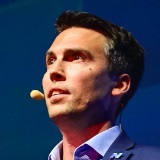 Mark Duerkop, CEO, Novasign GmbH
Mark Duerkop, CEO, Novasign GmbH
The application of modelling tools in bioprocess development and manufacturing has garnered considerable interest. But what does it really take to develop digital bioprocess twins? This talk dives into key topics such as the business impact of process modelling, experimental design strategies, tailored modelling approaches, accelerated process development, seamless scale-up, and the real-time use of models for monitoring and control. These principles will be demonstrated through several diverse industrial case studies, showcasing the Toolbox capabilities, from accelerated upstream development to gene and cell therapy (G>).
Physics-Informed Artificial Intelligence: A Groundbreaking Technology in the Biopharmaceutical Industry
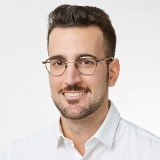 Ignasi Bofarull-Manzano, CMC Data Scientist, Körber Pharma; Industrial PhD Candidate, RWTH Aachen University
Ignasi Bofarull-Manzano, CMC Data Scientist, Körber Pharma; Industrial PhD Candidate, RWTH Aachen University
While AI's transformative power is well recognized across industries, its potential in pharmaceutical bioprocessing remains underexploited due to limited data. In 2019, Raissi et al. introduced Physics-Informed Neural Networks (PINNs), creating a new paradigm by integrating deep learning with first-principles laws. This method enables the use of AI even with scarce data, presenting a groundbreaking chance to revolutionise biopharmaceutical processes by cutting costs and accelerating the time-to-market for new therapies.

Unlocking the Power of Bioprocess Modeling: The Role of Continuous Real-Time Data
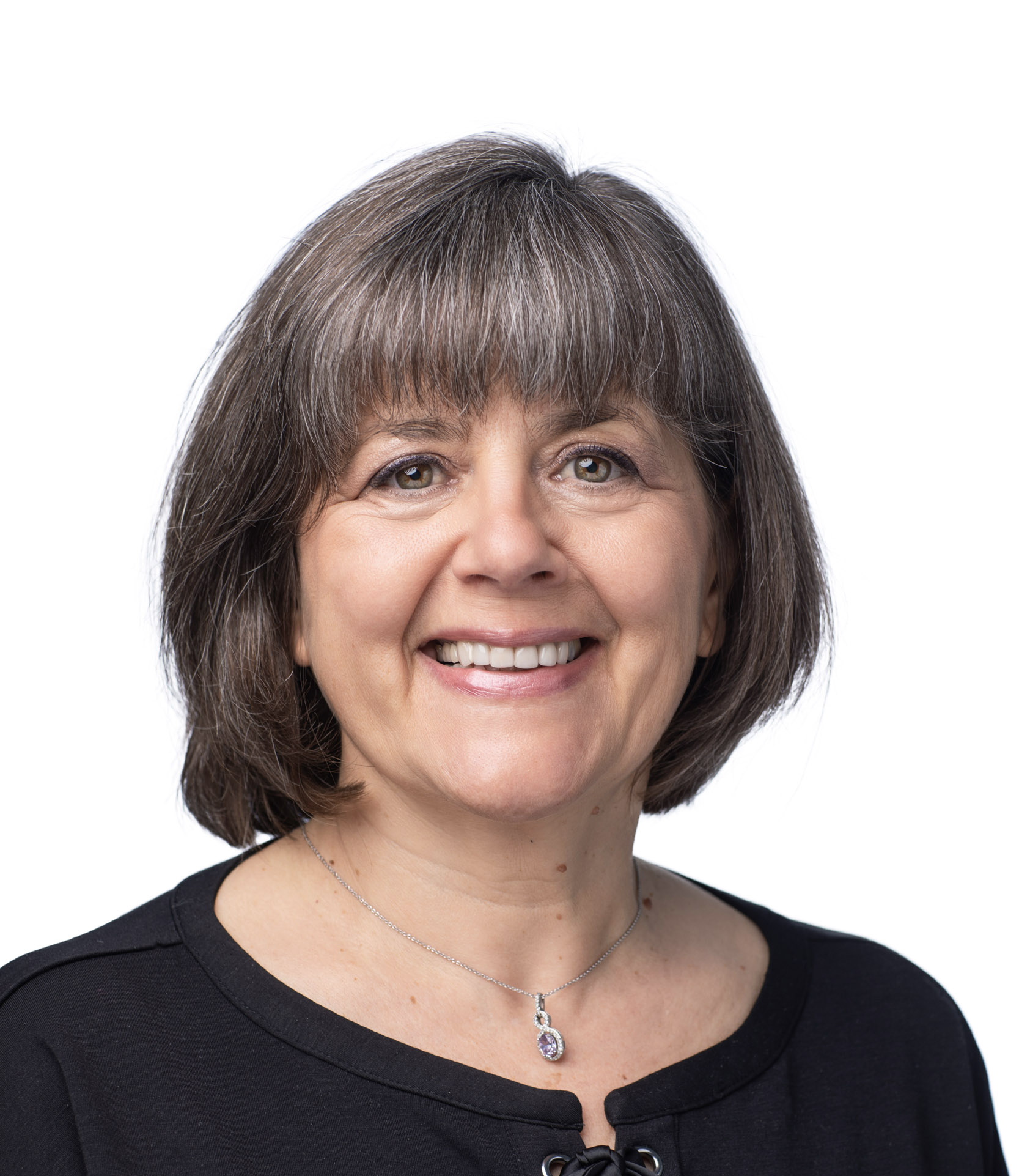 Graziella Piras, Senior Director, LS Strategic Marketing, Marketing, 908 Devices Inc.
Graziella Piras, Senior Director, LS Strategic Marketing, Marketing, 908 Devices Inc.
Bioprocess modeling is a powerful tool for optimizing process parameters and critical quality attributes (CQAs) while reducing reliance on extensive experimental testing. By enabling predictive capabilities, real-time monitoring, and dynamic process control, modeling enhances efficiency and ensures robust manufacturing processes. Regulatory agencies actively support its adoption to improve product quality and manufacturing consistency.
12:45Networking Lunch in the Exhibit Hall with Poster Viewing
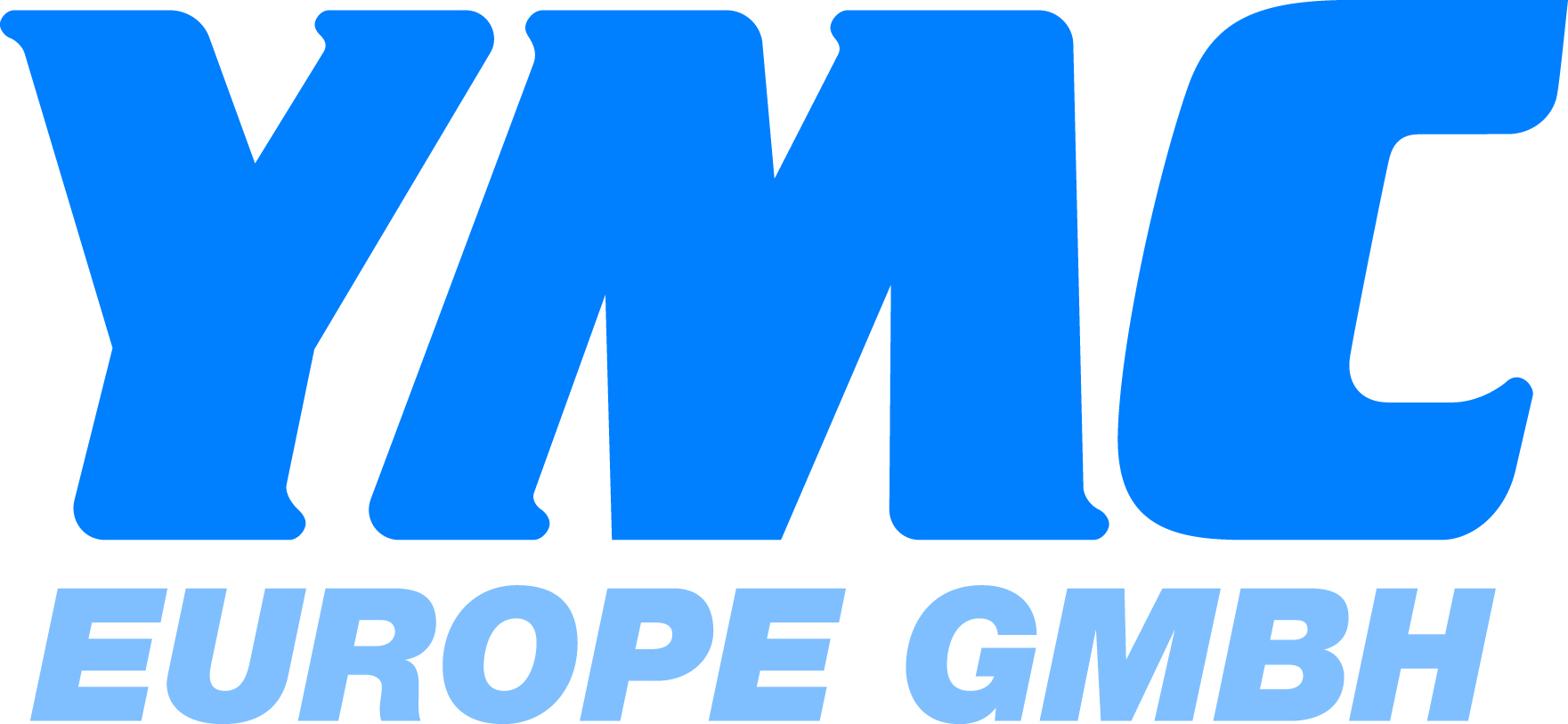
PROCESS EFFICIENCY
プロセス効率
Increasing Process Efficiency in mAb Production through Perfusion-Based Approaches
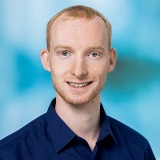 Jan Ott, Researcher, Biotechnology and Cell Cultivation Technique, Zurich University of Applied Sciences
Jan Ott, Researcher, Biotechnology and Cell Cultivation Technique, Zurich University of Applied Sciences
Increasing demand and the approval of biosimilars are forcing biopharmaceutical manufacturers to make their processes more efficient. Perfusion processes play an important role in this so-called process intensification. In this presentation, an overview of possible applications of the perfusion mode in the upstream process of antibody productions will be given and case studies from the cell culture lab of the ZHAW will be presented.
Cell Factory Robustness and Burden-Driven Production
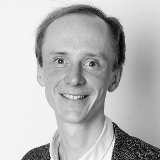 Peter Rugbjerg, PhD, Lecturer, Chalmers University; CSO and Founder, Enduro
Peter Rugbjerg, PhD, Lecturer, Chalmers University; CSO and Founder, Enduro
Bioproduction at manufacturing scale can be limited by cellular variation. Using synthetic biology, it is possible to addict cells to product formation. Such technology efficiently selects for production in the bioreactor by coupling cell growth to high-level production using essential genes linked to product biosensors. We will present cases and ways of diagnosis in diverse microorganisms, including E. coli, Bacillus, and yeast.
KEYNOTE PRESENTATION: Industry 4.0 Implementation in Biomanufacturing: Models and Data Collection
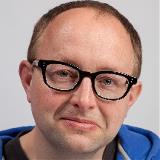 Krist V. Gernaey, PhD, Professor, Chemical & Biochemical Engineering, Technical University of Denmark
Krist V. Gernaey, PhD, Professor, Chemical & Biochemical Engineering, Technical University of Denmark
Industry 4.0 can potentially transform biomanufacturing, and digital twins play an important role. However, the digital twin is useless without data. The focus is on different modelling approaches for obtaining a digital twin, and on the challenges related to collecting informative data on a biomanufacturing process. Issues of model validation are highlighted, and the need for improved data collection is presented and illustrated with application examples.
 How Supplementing Chemical-Defined Media with Yeast-Based Nutrients can Increase your Output; a Case Study in Pichia Pastoris and Discussion on Cell Culture
How Supplementing Chemical-Defined Media with Yeast-Based Nutrients can Increase your Output; a Case Study in Pichia Pastoris and Discussion on Cell Culture
 Shawn Nelson, Global Segment Manager - Biopharma, Marketing, Procelys by Lesaffre
Shawn Nelson, Global Segment Manager - Biopharma, Marketing, Procelys by Lesaffre
A case study will be presented, which demonstrates the influence of yeast-based nutrients (YBN) as a media supplement for recombinant protein production in Pichia pastoris. The results of this trial show an increase in both growth rate and protein production by adding YBN to a chemically defined medium. We will close the talk by discussing how these same methods and tools can be applied to cell culture applications to achieve similar outcomes.
15:50Refreshment Break in the Exhibit Hall with Poster Viewing

SUSTAINABILITY IMPROVEMENTS
持続可能性の改善
Transforming Biologics Medicines Manufacturing: Technical Barriers and Solutions for a Sustainable Future
 Philip Probert, PhD, Technology Lead, CPI, United Kingdom
Philip Probert, PhD, Technology Lead, CPI, United Kingdom
With the UKNHS setting ambitious targets to be net zero by 2045, there is an increasing impetus for manufacturers to prioritise sustainability. This presentation describes the challenges to be addressed and the innovations being adopted, including energy efficiency improvements, waste reduction strategies, and resource optimisation. Solutions discussed will provide pathways to greener processes, demonstrating how sustainability and productivity can coexist in the biologics manufacturing landscape, shaping a more responsible future.
Potential of the Diversity of Single-Use Bioreactors in Upstream Processing: Cell Physiology and Sustainability Considerations
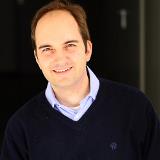 Stefan Junne, PhD, Associate Professor, Bioscience and Engineering, Aalborg University
Stefan Junne, PhD, Associate Professor, Bioscience and Engineering, Aalborg University
Single-use equipment offers various strategies of power input and gas mass transfer. This variety is often not used as, for a long time, geometrical similarity was one of the most important criteria for applicants. This parameter is, however, not relevant for achieving an optimal cell viability and additionally the maximum sustainability and cost efficiency. This talk aims to present strategies for suitable hybrid bioreactor application under consideration of these parameters.
"Organised Stress" and Tricks for Robust and Productive Intensified Process
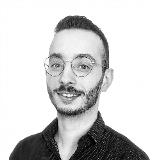 Bassem Ben Yahia, PhD, Senior Scientist, Upstream Process Sciences, UCB Pharmaceuticals, S.A.
Bassem Ben Yahia, PhD, Senior Scientist, Upstream Process Sciences, UCB Pharmaceuticals, S.A.
This research work is focused on intensified processes with high seeding density inoculated from seed bioreactor in fed-batch mode using Chinese Hamster Ovary cells. The impact of the feeding strategy and specific power input (P/V) in the seed bioreactor and on the production step with two different cell lines (CL1 and CL2) producing two different monoclonal antibodies was investigated and the "organized stress" concept is introduced.
17:50Welcome Reception in the Exhibit Hall with Poster Viewing
18:50Close of Day
3月19日(水)
08:00Registration and Morning Coffee
UPSTREAM PROCESSING FOR EMERGING MODALITIES
新興モダリティのアップストリームプロセシング
Process Development for Production of Complex or Difficult-to-Express Proteins
Martin Bertschinger, PhD, Director, Drug Substance Development, Ichnos Sciences
The increased complexity of bi and multispecific formats makes these molecules difficult to express compared to standard mAbs. This session explores a holistic approach to overcoming these challenges, featuring techniques such as signal peptide optimisation, vector design, and cell line selection. Attendees will learn how these strategies have successfully increased expression levels and titres of BEAT and TREAT antibodies by up to 10-fold, reaching titres as high as 11 g/L.
Cell Engineering and Cell-Line Development Challenges for Emerging Modalities
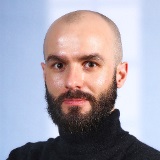 Lovro Kramer, PhD, Principal Scientist, Cell Line Engineering, Novartis Pharmaceuticals
Lovro Kramer, PhD, Principal Scientist, Cell Line Engineering, Novartis Pharmaceuticals
Emerging therapeutic modalities present unique challenges in cell engineering and cell line development. I will present innovative strategies to address these complexities, focused on genetic optimisation of expression systems and overcoming hurdles specific to novel biologics. Attendees will gain insights into the advanced techniques designed to improve productivity, stability, and quality when working with cutting-edge modalities in biologic drug development.
Digital Applications to Robustify Bioprocessing despite Starting-Material Variability
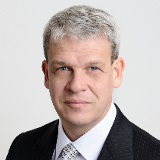 Christoph Herwig, PhD, former Professor, Bioprocess Engineering, Vienna University of Technology; CPO, Fermify GmbH; Senior Scientific Advisor, Körber Pharma Austria
Christoph Herwig, PhD, former Professor, Bioprocess Engineering, Vienna University of Technology; CPO, Fermify GmbH; Senior Scientific Advisor, Körber Pharma Austria
Process development focusses on quality-by-design principles and is often focused on CQA to CPP relationships. However, in many bioprocesses, such as bioeconomy or CGT processes, the effect of raw material attributes is the main source for variation. This contribution proposes digital tools to make the process more robust despite raw material variability using PAT, random effect modelling using linear mixed models, and MIMO feedback control tools.
 Expression of Asymmetric Bispecific Antibody in the GOCHO™ Platform with High Purity and Titer
Expression of Asymmetric Bispecific Antibody in the GOCHO™ Platform with High Purity and Titer
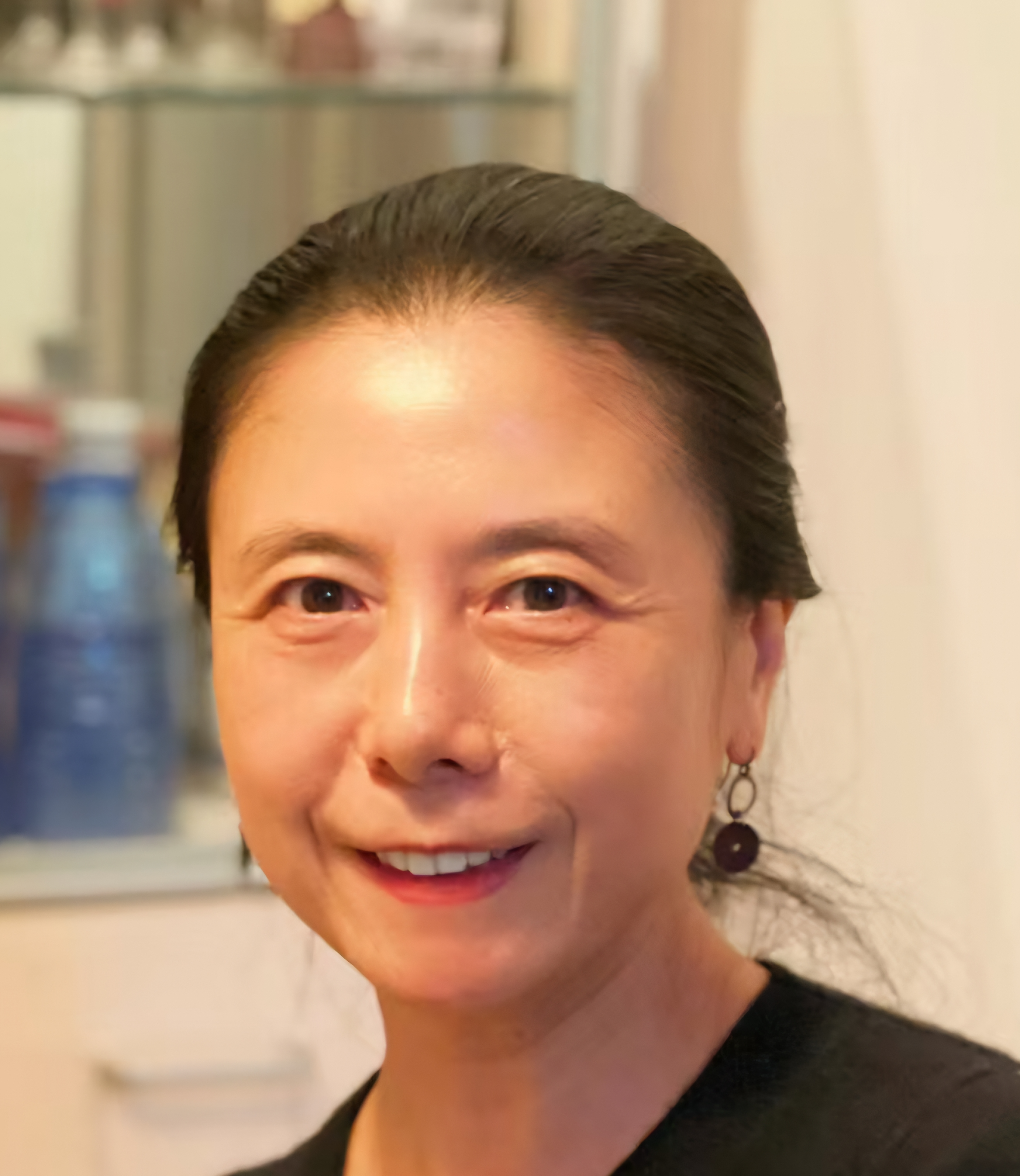 Nan Lin, PhD, Director, New Technologies & Service Applications, Cytiva
Nan Lin, PhD, Director, New Technologies & Service Applications, Cytiva
Bispecific antibodies (BsAbs) are fast-growing biotherapeutic modalities with a potential to bind multiple target sites, thus, increasing their significance in clinical applications. Because of the complexities of asymmetric BsAbs, the correct assembly of the chains can be very challenging. Random assembly of the unwanted homodimers decreases yield and creates purification challenges. In this study, we successfully optimized our GOCHO™ platform to express an asymmetric BsAb with two distinct antigen binding domains. The GOCHO™ dual-vector, dual-selection system is optimized for correct assembly of the bispecific heterodimers. Vector 1 contains 1 open reading frame (ORF) coding for the heavy chain (HC); Vector 2 contains 2 ORFs coding for HC-ScFv and light chain (LC). Under selection with two antibiotics, the heterodimer with HC, LC and HC-ScFv, expressed by both vectors, will achieve good secretion.
10:30Coffee Break in the Exhibit Hall with Poster Viewing
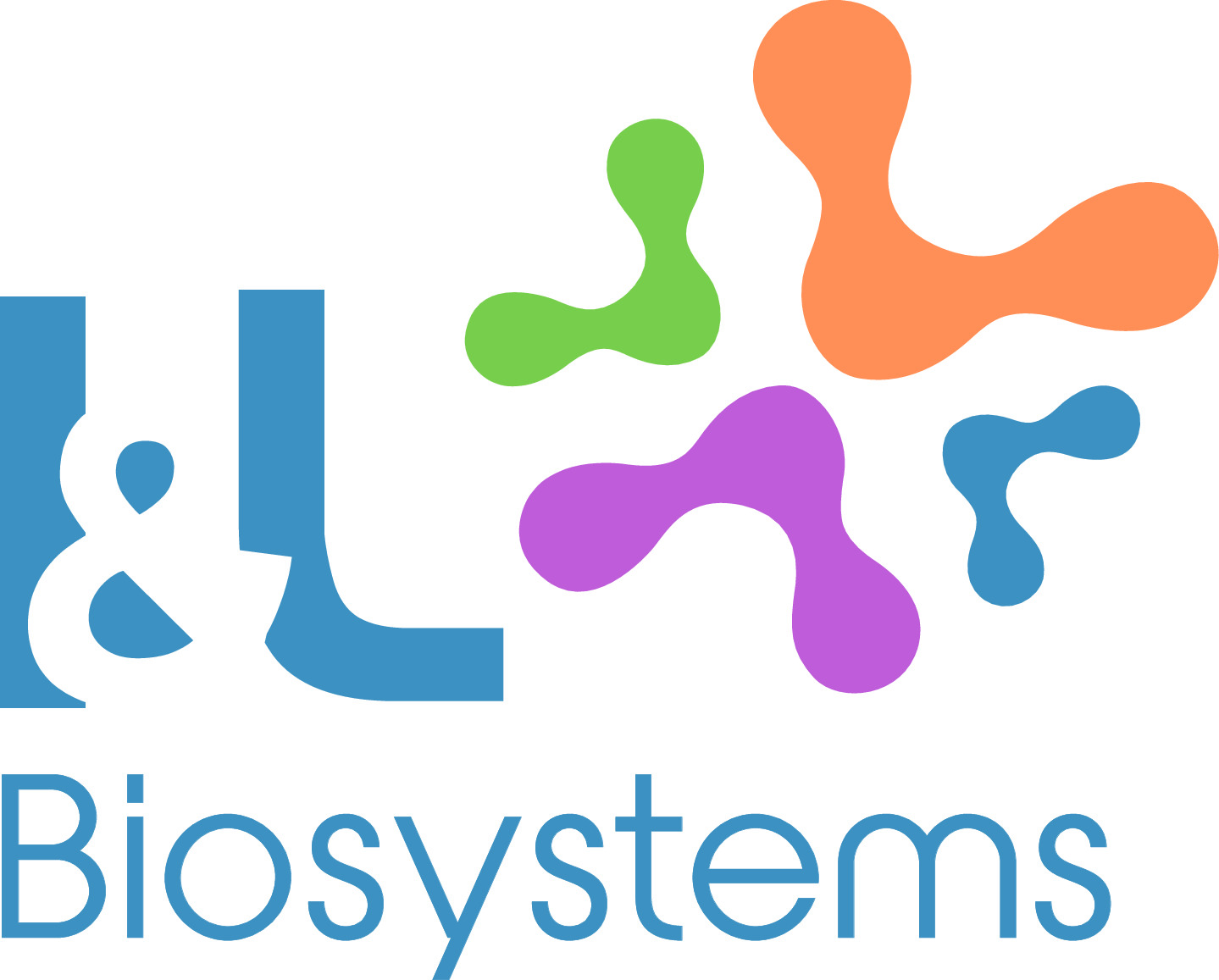
PLENARY KEYNOTE: ADAPTING TO GLOBAL DEMANDS AND EVOLVING PIPELINES
プレナリー基調講演:世界的な需要への適応と進化するパイプライン
CMC Strategies for Diverse Pipelines and Complex Modalities
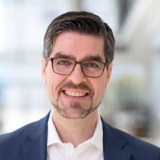 Christian Hunzinger, PhD, Senior Director and Head, CMC Development Proteins, ADCs and Chemical Entities, BioNTech
Christian Hunzinger, PhD, Senior Director and Head, CMC Development Proteins, ADCs and Chemical Entities, BioNTech
Biopharmaceutical treatment paradigms are shifting from monotherapy towards multi-target approaches with complex multimodal entities. This complexity also translates into increasingly complex CMC development and manufacturing strategies. The talk will provide a general overview on recent developments, challenges, and opportunities, along with examples from various stages of the CMC development lifecycle.
Enhancing Process Development: Balancing Yields with Downstream Efficiency and Emerging Technologies
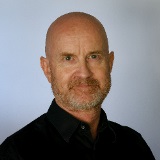 Oliver Kaltenbrunner, PhD, Scientific Director, Process Development, Amgen Inc.
Oliver Kaltenbrunner, PhD, Scientific Director, Process Development, Amgen Inc.
Explore the evolving landscape of process development, emphasising the critical balance between maximising yields and optimising downstream processing. This presentation will delve into the impact of upstream processes on primary recovery, integrating cutting-edge technologies like Process Analytical Technology (PAT), advanced modelling, and artificial intelligence. Supported by real-world examples, we'll examine how these innovations are reshaping process efficiency and performance in the industry.
12:20Session Break
 AI-Driven Cell Culture: Accelerating Development through Predictive Modeling and Digital Twins
AI-Driven Cell Culture: Accelerating Development through Predictive Modeling and Digital Twins
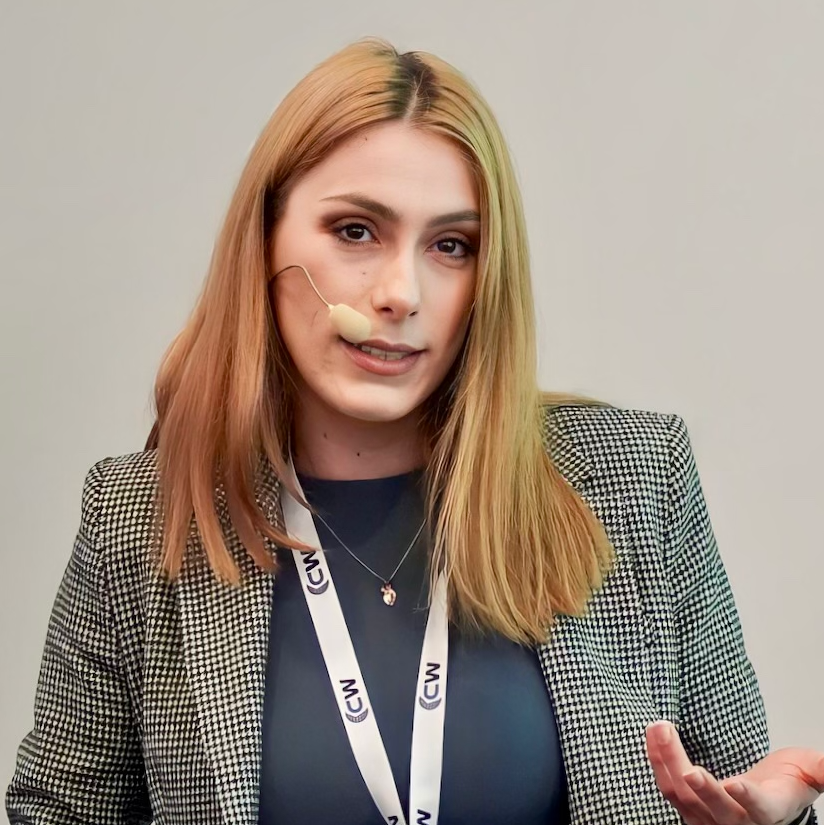 Belma Alispahic, Chief Scientific Officer, AnalysisMode
Belma Alispahic, Chief Scientific Officer, AnalysisMode
Cell culture optimization is essential for addressing variability and scale-up challenges in bioproduction. This presentation explores how AnalysisMode’s AI-driven digital twins and predictive modeling enhance process efficiency by reducing experimental workloads by up to 80% and accelerating development timelines by 20%. By uncovering complex parameter interactions and enabling precise optimization, our platform offers a smarter, data-driven approach to improving cell culture performance and bioproduction outcomes.
12:45Sponsored Presentation (Opportunity Available)
13:00Networking Lunch in the Exhibit Hall with Poster Viewing

14:00Close of Cell Culture and Cell Line Engineering - Part 1 Conference
* 不測の事態により、事前の予告なしにプログラムが変更される場合があります。
アジェンダ・講演者・スポンサー更新
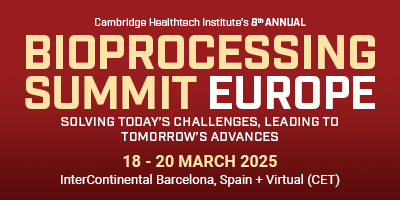
 Talk Title to be Announced
Talk Title to be Announced












